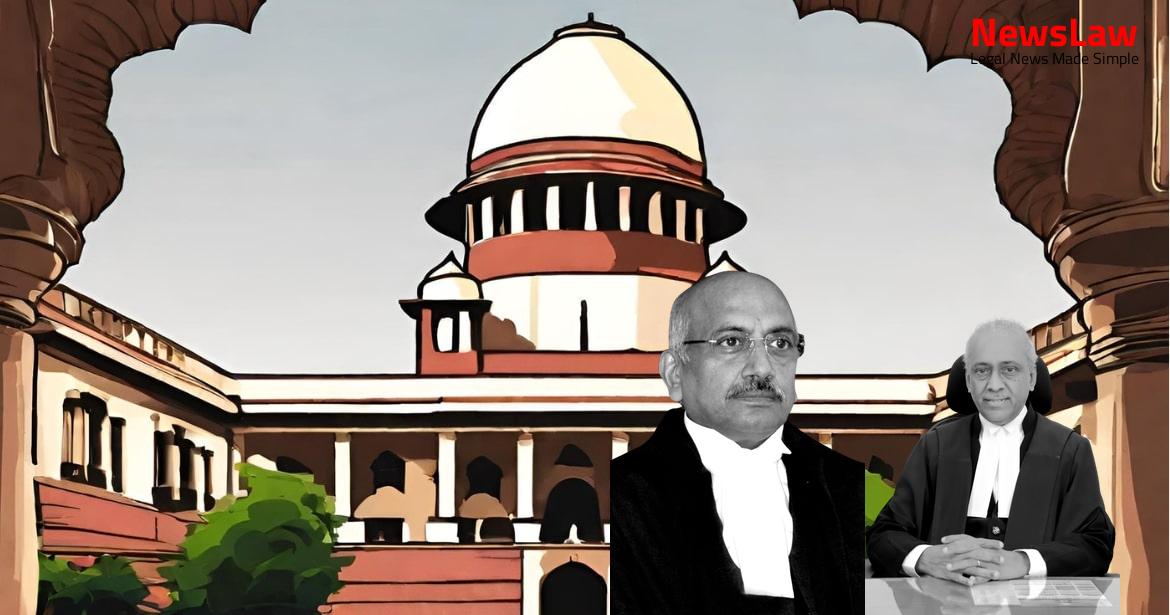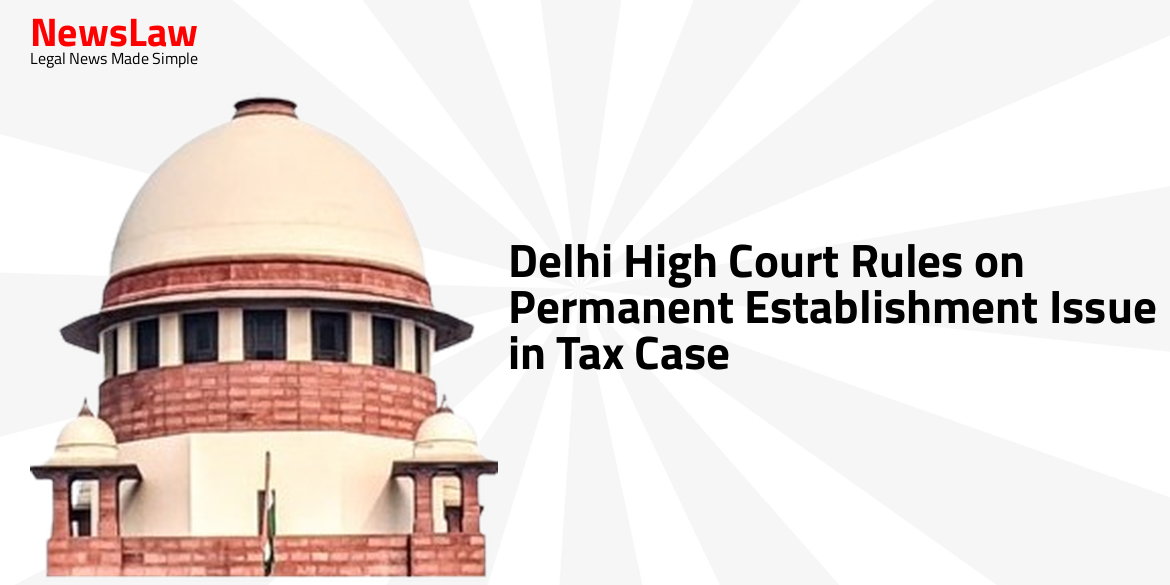Explore the court’s in-depth legal analysis focusing on the interpretation of Section 56(2) of the Electricity Act in a recent case. The case delves into the complexities of consumer rights, the limitation period for recovery of dues, and the distinction between negligence on the part of the consumer versus the licensee. Stay tuned to unravel the significance of legal principles in defining the scope of recovery actions under the Electricity Act.
Facts
- Appellant filed a consumer complaint before the National Commission claiming that the demand made by the respondents was due to a mistake and negligence on their part.
- They argued under Section 56 of the Electricity Act, 2003, no amount due from a customer is recoverable after two years from becoming due.
- Appellant paid Rs.54,03,293/- on 24.09.2014 after an interim order was passed.
- The appellant was served a short assessment notice claiming short billing of Rs.1,35,06,585/- due to a recording error in bills.
- Court granted interim stay, later modified to pay 50% of demand which the appellant complied with.
- Appellant is in the business of manufacturing cotton yarn in Panipat, Haryana.
- The National Commission dismissed the complaint on 1.10.2009.
- The dismissal was based on the classification of the case as ‘escaped assessment’ rather than ‘deficiency in service’.
Also Read: Legal Analysis on Withdrawal from Land Acquisition
Issue
- Interpretation of the term ‘first due’ in Section 56(2) of the Act was a key issue in the case
- Another point of contention was determining when the amount becomes first due in the case of a wrong billing tariff due to a mistake
- The question of whether the licensee can still resort to disconnection after two years in the case of a mistake was also raised
Also Read: Legal Analysis in Redevelopment Case
Arguments
- Appellants raised a grievance regarding not being held accountable for the negligence of the respondents.
- They argued that they have already charged their customers based on the bill provided and cannot go back to demand more.
- The appellants invoked Section 56 of the Electricity Act, 2003, which pertains to disconnection of supply in default of payment.
- According to Section 56, if a person neglects to pay charges for electricity or any sum due to a licensee, the licensee can cut off the electricity supply after giving a 15-day notice.
- The supply can be disconnected until the payment is made, and the person can deposit an amount equal to the sum claimed under protest to avoid disconnection.
- No sum due from any consumer under Section 56 is recoverable after two years from the date it first became due.
Also Read: Interpretation of Amendments in Compassionate Appointment Cases
Analysis
- Section 56(2) does not preclude the licensee from raising an additional or supplementary demand after the expiry of the period of limitation in case of a mistake or bonafide error.
- The court referenced Section 17(1)(c) of the Limitation Act, 1963 and the case of Mahabir Kishore & Ors. vs State of Madhya Pradesh in reaching this conclusion.
- Electricity charges are considered first due only after the bill is issued to the consumer.
- The limitation period of two years begins from the date on which electricity charges become first due under Section 56(2).
- The focus of the appellant’s argument is on Section 56(2) and the legal principles established in the case of Assistant Engineer (D1), Ajmer Vidyut Vitran Nigam limited and Anr. vs Rahamatullah Khan alias Rahamjulla.
- The appellant acknowledged the correct multiply factor as 10 but contested its incorrect application as 5 by the respondents.
- The analysis of Section 56(2) involves the consideration of whether raising an additional demand amounts to deficiency in service.
- The National Commission correctly determined that the case pertains to ‘escaped assessment’ and not ‘deficiency in service’.
- Consumer forums must ascertain the presence of any deficiency in service before assessing the validity of the licensee’s recovery actions under Section 56.
- The liability to pay for electricity arises upon consumption, but the obligation to pay only arises upon issuance of the bill by the licensee.
- Sub-section (1) of Section 56 deals with neglect to pay charges for electricity, triggering a demand from the licensee.
- The limitation period under Sub-section (2) does not start running if no bill is raised by the licensee, as there is no negligence on the consumer’s part to pay.
- The bar under Sub-section (2) is related to the sum due under Section 56, preventing both normal recovery and disconnection remedy.
- The law of limitation extinguishes the remedy but not the right, allowing the licensee to seek other legal remedies for recovery.
- The negligence to pay for electricity by the consumer is distinct from any negligence by the licensee leading to short billing.
- Instances of short billing discovered during audit entitle the licensee to raise demands for recovery within the legal framework.
- The National Commission’s decision in Rahamatullah Khan involved specific factual circumstances leading to the court’s interpretation.
- The bar in Section 56(2) operates on two distinct rights of the licensee: the right to recover and the right to disconnect.
- The two parts of Section 56(2) specify that no sum due from a consumer can be recovered after two years from when it became due, and that the licensee cannot cut off the electricity supply.
- The limitation on the right to disconnect under the bar is an exception to the law of limitation.
- The term ‘deficiency’ is defined in Section 2(1)(g) of the Consumer Protection Act, 1986 as any fault, imperfection, shortcoming, or inadequacy in the quality, nature, and manner of performance required by law or a contract relating to a service.
- The judgement also mentions the raising of an additional demand in a specific form.
- The National Commission was justified in rejecting the complaint.
- No reason to interfere with the Order of the National Commission.
- Limitation must not have started running for recovery and disconnection bar to come into play.
- The decision in Rahamatullah Khan and Section 56(2) will not help the appellant.
Decision
- Appellant has already paid 50% of the demand amount as per interim order
- Appellant given eight weeks to make payment of balance amount
- No order as to costs given
- Appeal dismissed
Case Title: M/S PREM COTTEX Vs. UTTAR HARYANA BIJLI VITRAN NIGAM LIMITED (2021 INSC 617)
Case Number: C.A. No.-007235-007235 / 2009



